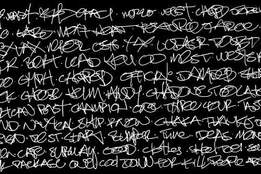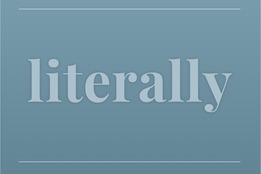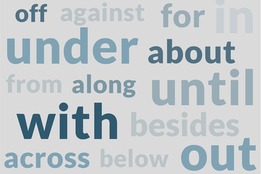peculiar
playWhat It Means
Peculiar describes people and things that are different from the usual or normal, or that are characteristic of only one person, group, or thing.
// The dog's peculiar behavior worried them.
// He shared customs that were peculiar to his home country.
peculiar in Context
"'Troll: A Love Story,' by Johanna Sinisalo, is a celebration of the imagination—a quirky and peculiar read for those who love something out of the ordinary. The protagonist, a young photographer in his 30s, finds a wounded troll (from the Scandinavian mythology) outside his apartment building, and decides to give it shelter." — Pajtim Statovci, The New York Times, 14 Sept. 2022
Did You Know?
It might strike you as odd that the origins of peculiar are livestock-related, so let us explain. The word's Latin ancestor, peculiaris, means "privately owned, extraordinary"; it traces back to pecu, meaning "cattle," by way of peculium, meaning "private property"—cattle of course being a particular kind of private property. Given the monetary value historically placed in cattle, it makes sense that pecu has given us several money-related words, including pecuniary ("of or relating to money"), peculate ("to embezzle"), and impecunious ("having very little or no money"). Peculiar honed in on the "extraordinary" meaning of peculiaris, applying to what is characteristic of only one individual, group, or thing. In modern use that sense is commonly followed by the preposition to, as in "a tradition peculiar to their family." The "odd" and "eccentric" meanings of peculiar are extensions of that sense, and are now the word's most common applications.
Name That Synonym
Fill in the blanks to create a synonym of peculiar: s _ n _ _ _ ar.
VIEW THE ANSWERPodcast
More Words of the Day
-
Dec 07
lachrymose
-
Dec 06
solace
-
Dec 05
abdicate
-
Dec 04
celerity
-
Dec 03
perceptible
-
Dec 02
gloaming





















